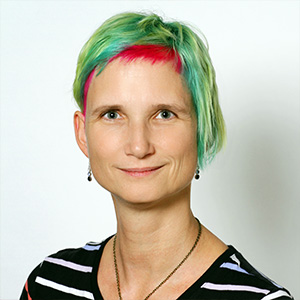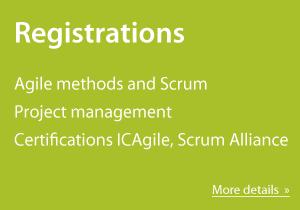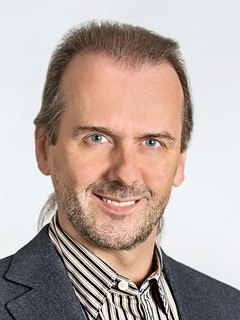

ICP-ACC - ICAgile Certified Professional in Agile Coaching - training in Prague on 17-18 September 2025
Date: 17-18 September 2025
Duration: 2 days
Early bird price: 24 000 CZK plus VAT (21%) valid until 30 days before the start of the training
Regular price: 29 000 CZK plus VAT (21%) otherwise
Place: Prague, Czech Republic
Language: English
Training is delivered by John Barratt accredited ICAgile trainer.
read moreDAO - Certified – Designing Agile Organizations - training in Prague on 17-18 September 2025
Date: 17-18 September 2025
Duration: 2 days
Early bird price: 1 095 EUR plus VAT (21%) valid until 30 days before the start of the training
Regular price: 1 295 EUR plus VAT (21%) otherwise
Place: Prague, Czech Republic
Language: English
Training is delivered by Jurgen De Smet accredited LeSS (Large Scale Scrum) trainer.
read moreJoin our Advanced ScrumMaster and Advanced Product Owner training in April 2025
Join me on confirmed A-CSM Advanced Certified ScrumMaster and A-CSPO Advanced Certified Scrum Product Owner training on April 22-23, 2025 and April 24-25, 2025 respectively in English.
Training will be delivere online (Zoom)
Register here. Looking forward.
read moreWorkshop Agile Leadership and Self-organization - Andrea Provaglio

Date: June 19, 2015
Duration: 1 day
Price: 8400 CZK, excl. VAT
Place: Prague, Czech Republic
The role of leaders and managers has changed from the models we got used to in "traditional" project management, and so has the way development teams work to generate business value.
Self-organization is an elusive management concept (how can we organize something that is supposed to organize itself?) which has profound business and organizational implications.
It taps into the collective intelligence of the team, so that people can come up with better solutionsin a shorter time; it distributes control, to avoid decisional bottlenecks and let the project move faster; it relies on the socio-relational skills of the team, but it also relies on transparency, clearprocesses and shared goals to define the boundaries of delegation; and the greater autonomy promotes engagement and team learning.
Agile leaders who really understand these dynamics will take care of facilitating the value stream(represented by the development teams) by providing the necessary support and resources; they will provide guidance and a shared goal by sharing the "why"and the "what", with more trust and less control on "how" that goal should be achieved; and they will be able to create an ecosystem where the business advantage of effective self-organization can manifest.
Effective self-organization changes the leader/team dynamics and the teammate/teammate ones. To reap the full benefits of Agile and Lean you need to understand these subtle dynamics and be able to implement them effectively in your organization.
Outcomes
- Increase the productivity of your teams by greater participation and simpler decision-making processes
- Create a learning environment where knowledge is shared, and reduce the risk of operational bottlenecks
- Promote alignment to the organization’s business goals and get more focus on the most valuable activities
- Leverage diversity (gender, nationality, background, personality, etc.) to create smarter and more efficient teams
- Understand and manage the cultural blocks to self-organization, such as: blaming culture; fear of responsibility; fear of losing status; personal and unconscious agendas; guidance vs. command
- Get involved in practical, guided exercises that you can later use in your own organization
Who This Is For
- Team Leaders
- Team Members
- Scrum Masters
- Agile Coaches
- Project Managers
- Product Managers
- IT Executives
Main Topics
- The business case for self-organization
- Self-organization fundamentals: transparency and trust
- Seeding a local culture: working agreements and visualization tools
- Diversity as a success factor for smarter teams
- Improving communication, participation and commitment
- Promoting engagement through autonomy and mastery
- How self-organization differs in co-located and distributed teams
- Identity, Personal Responsibility and gratitude as catalyzers for self-organization
- Moving out of a blaming culture and of personal agendas
- A leader's systemic view of self-organizing teams
- Feedback loops in self-organizing teams: Inspect and Adapt
- Understanding the Value Stream
- Managers as leaders, facilitators and enablers
- Co-creating and aligning to shared goals
- Positioning leaders at the proper guidance level
- The mechanisms for safe and effective delegation
- Turning conflict into learning opportunities
Basic Information
The duration of the workshop is one day. It will be at Prague on June 19, 2015 in English.


